SQL Security with Microsoft’s Zero Trust Workshop
In today’s evolving threat landscape, data professionals, especially those managing SQL Server environments, must go beyond traditional perimeter-based security. Microsoft’s Zero Trust Assessment Tool offers a powerful way to evaluate and enhance your organization’s security posture using the principles of Zero Trust.
What Is Zero Trust?
Zero Trust is a security model that assumes breach and verifies every access request as though it originates from an open network. It’s built on three core principles:
- Verify explicitly – Always authenticate and authorize based on all available data points.
- Use least privileged access – Limit user access with just-in-time and just-enough-access policies.
- Assume breach – Minimize blast radius and segment access to prevent lateral movement.
The Microsoft Zero Trust Workshop is a comprehensive, self-service resource designed to help organizations plan, implement, and measure their journey toward a Zero Trust security model. It simplifies the complexity of modern cybersecurity by offering a structured, actionable roadmap tailored to each organization’s unique environment and needs.
Key Features of the Workshop
- Customizable Roadmap: Organizations receive a step-by-step guide to implementing Zero Trust principles across their infrastructure.
- Assessment Tools: Includes a basic assessment to identify misconfigurations and readiness gaps before diving into deeper strategy planning.
- Pillar-Based Guidance: The workshop is organized around the six core pillars of Zero Trust:
- Identity
- Devices
- Data
- Network
- Infrastructure & Applications
- Security Operations (SecOps)
Each pillar includes:
- A breakdown of capabilities and best practices.
- Prioritization guidance (e.g., “do this first, consider this next”).
- Implementation effort and user impact indicators.
- Cross-pillar scenario planning to align stakeholders across teams.
The Zero Trust Assessment Tool: Overview
Hosted on GitHub Pages, the Zero Trust Assessment Tool is part of Microsoft’s broader Zero Trust Workshop. It provides a guided framework to help organizations assess their current security configuration and build a roadmap toward a more resilient posture.
The tool itself is a PowerShell module (ZeroTrustAssessment) that connects to your Microsoft Entra ID (formerly Azure AD) tenant and performs a series of checks across identity and device configurations. While it doesn’t yet cover all Zero Trust pillars (like infrastructure or security operations), it lays a solid foundation for future enhancements.
Why SQL Professionals Should Care
SQL environments are often the crown jewels of enterprise data. Unauthorized access, misconfigured permissions, or lack of visibility can lead to catastrophic breaches. By integrating Zero Trust principles into your SQL Server and Azure SQL configurations, you can:
- Ensure least privilege of access to sensitive databases.
- Use conditional access policies to restrict access based on device health.
- Monitor and audit identity-based access to SQL resources.
- Align with compliance frameworks like GDPR, HIPAA, and ISO 27001.
Getting Started
To run the assessment:
- Install PowerShell 7.0 or higher.
- Install the module:
- Install-Module ZeroTrustAssessment
- Run the assessment:
- Invoke-ZTAssessment
The output includes a detailed spreadsheet with recommendations and a roadmap template you can use during workshops or planning sessions.
Final Thoughts
Whether you’re a database administrator, cloud architect, or security lead, the Zero Trust Assessment Tool is a valuable resource to help you align your SQL environments with modern security practices. It’s not just about protecting data—it’s about building trust in how that data is accessed and managed.
Reference Links:
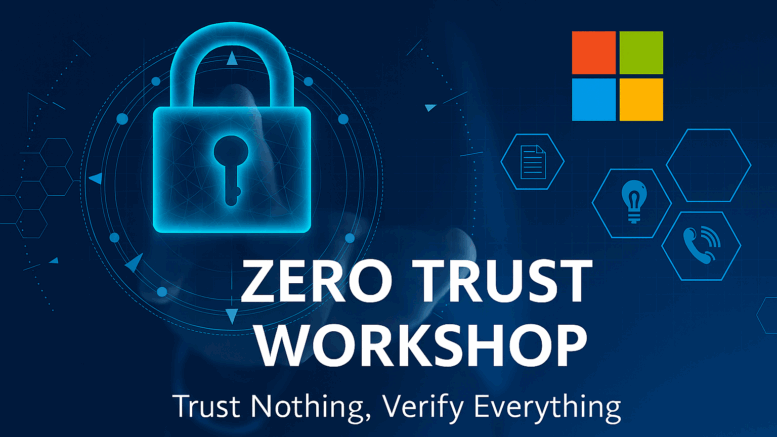
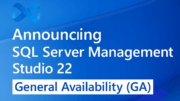
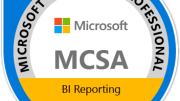
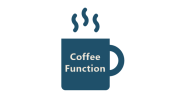
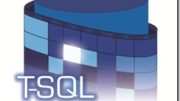
Be the first to comment on "SQL Security with Microsoft’s Zero Trust Workshop"